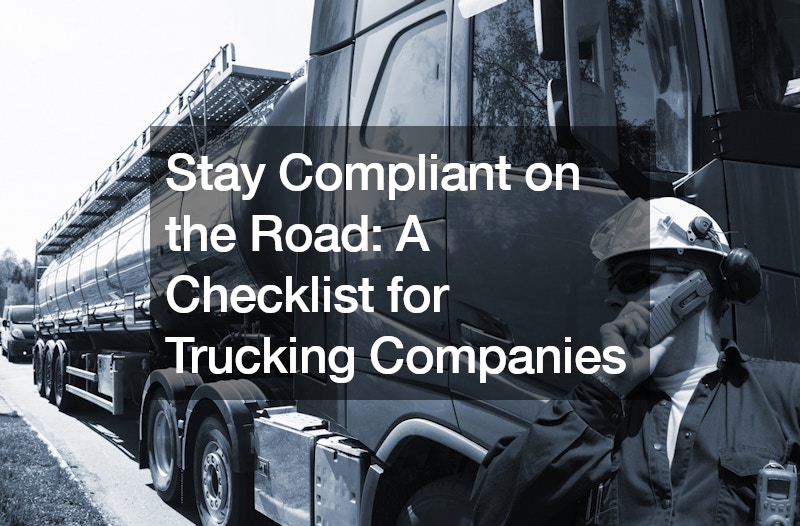

Running a trucking company, whether as an owner-operator under another carrier’s authority or with your own motor carrier authority, demands strict adherence to the Department of Transportation (DOT) and Federal Motor Carrier Safety Administration (FMCSA) regulations. Staying compliant is crucial not just for safety but also for the seamless operation of your business. Here’s a handy checklist to make sure you’re on the right track.
1. Participate in the DOT Drug and Alcohol Testing Program
All owner-operators must participate in the DOT drug and alcohol testing program. You need to register with a consortium for random testing.
If you’re operating under your own authority, you must be registered with the FMCSA Drug and Alcohol Clearinghouse both as a driver and as an employer.
2. Maintain a Driver Qualification File
Every trucking company must keep a detailed driver qualification file for each driver. This includes essential documents and records as outlined by the FMCSA. The file should be easily accessible and ready for submission within 48 hours if requested. Working with CDL training providers can help ensure that all drivers meet the necessary qualifications and are well-prepared for compliance.
3. Electronic Logging Device (ELD) Compliance
Most drivers need an ELD to maintain a record of duty status. There are specific exemptions, but generally, if you’re running under your own authority, you’ll need to get an FMCSA-certified ELD. Check if the ELD rule applies to you and acquire the necessary device if required.
4. Conduct Regular Vehicle Inspections
Pre-trip and post-trip inspections are mandatory. Document any defects and handle repairs before dispatching the truck again. This not only keeps you compliant but also enhances safety during roadside inspections. Recheck all parts and accessories before hitting the road, and ensure your freight is securely fastened.
5. Prepare for the New Entrant Safety Assurance Audit
New trucking companies must undergo a safety audit within the first 18 months. Keep detailed records, including driver qualification files, lists of trucks and trailers, proof of insurance, duty hours, and maintenance records. Staying organized is key to passing the audit smoothly.
By following these guidelines, you’ll keep your trucking company compliant with federal regulations, ensuring safety and efficiency on the road.
.


